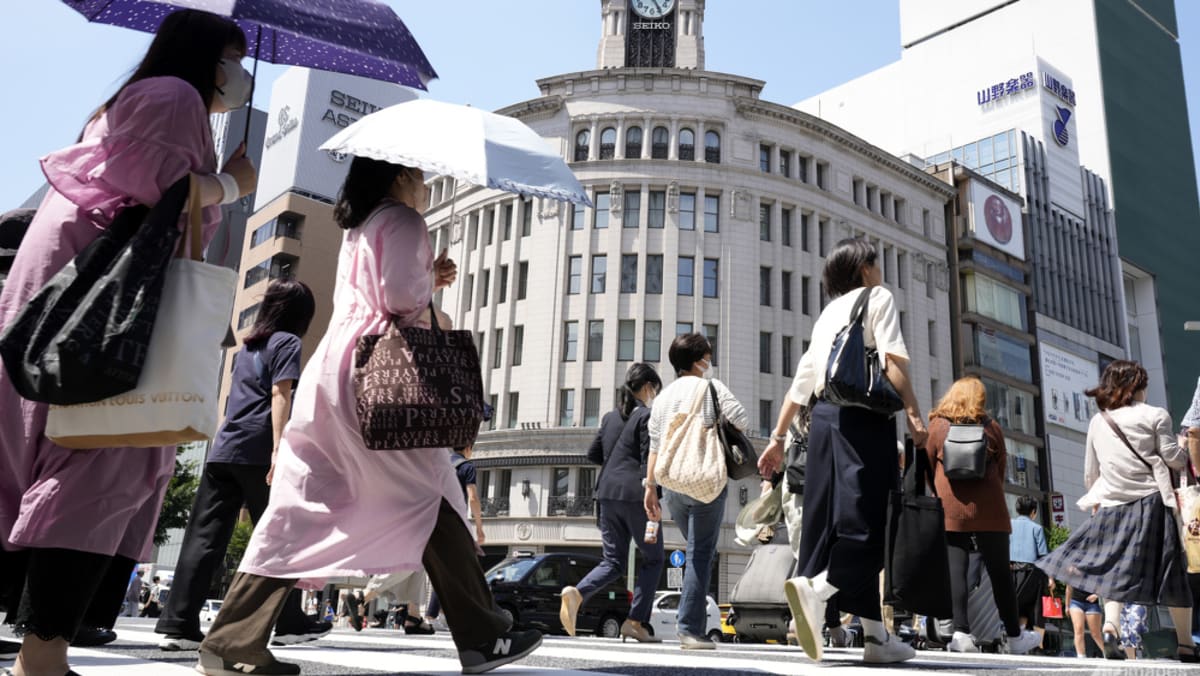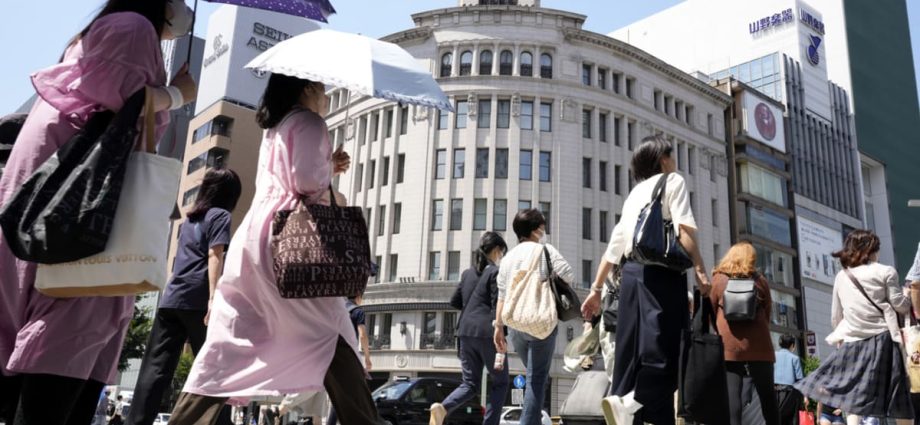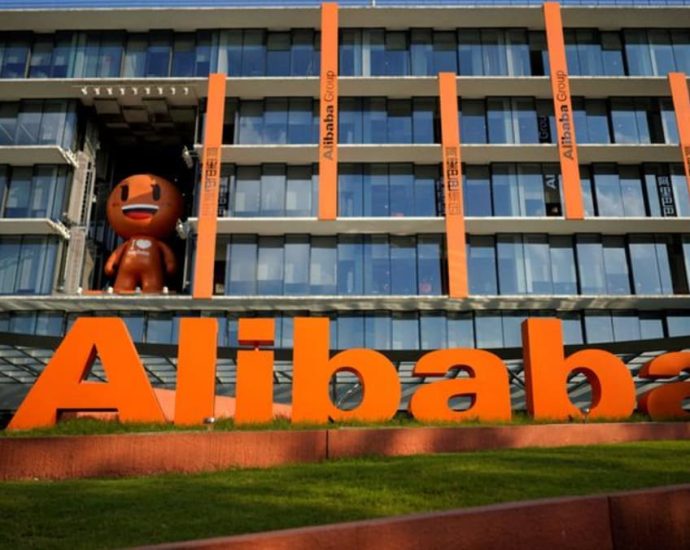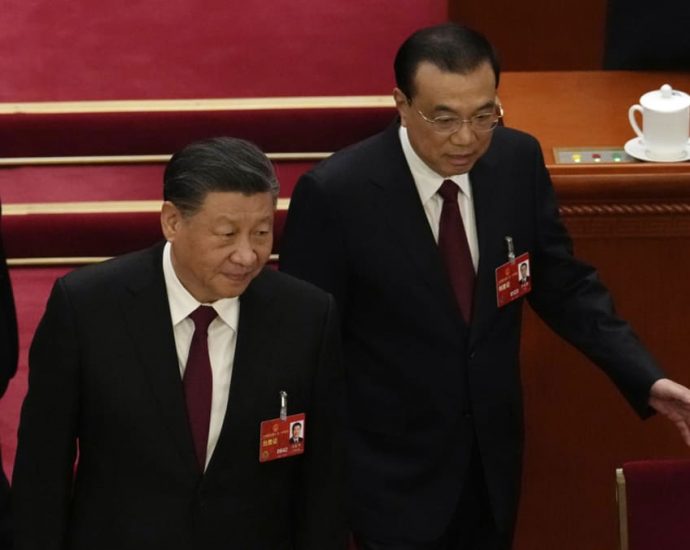Commentary: Japanâs high standards of service face âshrinkflationâ

JAPAN’S CHRONIC LABOUR SHORTAGE
Even global brands such as McDonald’s which seek to replicate a particular dining experience across the globe know they have to raise their game in Japan – and have historically done so.
The variable these days is Japan’s chronic labour shortage – a slow-burning crisis of demographics and hesitancy about immigration which, as examples highlight almost daily, is making its mark across the economy. Last week, in a Kyodo survey of 114 of Japan’s largest companies, 49 per cent said they were short of staff. Tokyo Shoko Research, meanwhile, reported that in the first six months of this year, bankruptcies directly caused by staff shortages were 2.5 times higher than the same period in 2022.
Versions of the crisis are everywhere – some are unsettling. In a country where most of the land mass is hills and valleys, members of the Japan Society of Civil Engineers worry about the huge national shortfall of expertise in bridges and tunnels.
But for now, at least, large parts of consumer-facing Japan are entering a complex charade that seems to draw inspiration from another bit of corporate gamesmanship. After many years of deflation and loss of pricing power, Japanese food companies became absolute masters in the dark arts of “shrinkflation” – reducing the quantity of product while maintaining familiar sizes of packaging. Japan was hardly alone in this practice, but squeamishness around raising prices meant it became a more entrenched habit than elsewhere.
Grumpy Japanese websites track in great detail the ways, measurements and timeframe in which shrinkflation has reduced the length of beloved ice lollies, the number of processed cheese slices in a pack or the number of Melty Kiss chocolates in a sachet. A favourite joke centres on Fujiya’s popular Country Ma’am chocolate chip cookies and the forecast that, under its current rates of shrinkflation, each one will be smaller than a ¥1 coin by 2040.
The shrinkflation deception uses visual consistency in the packaging to anchor expectations while delivering less. It also postpones for as long as possible a fundamental change of relationship with customers.















